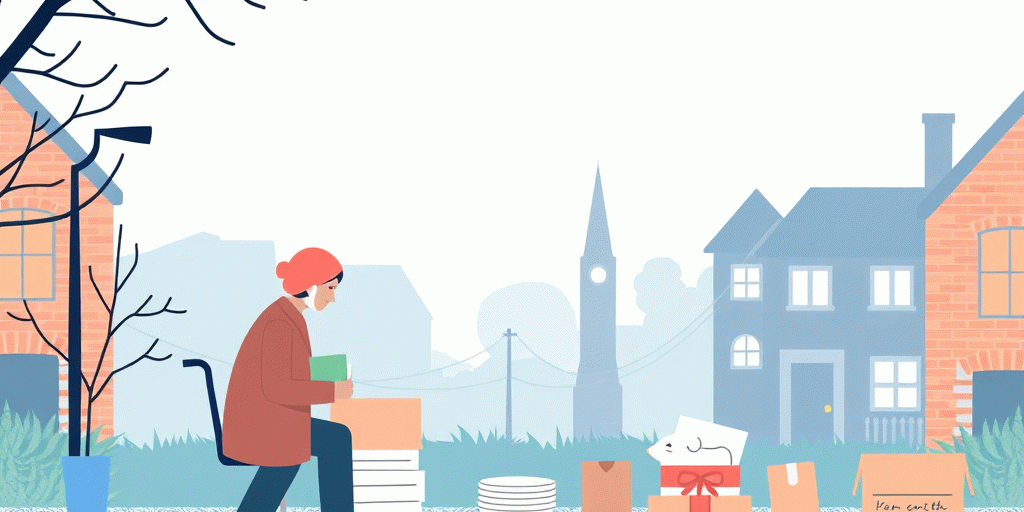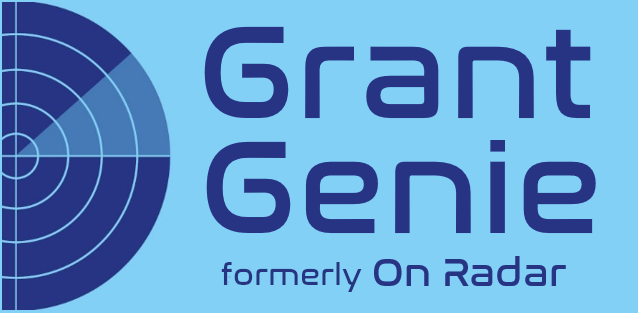 arrow_back
edit
arrow_back
edit
How Much Does It Really Cost to Run a Charity Grant Application Process?
The Complete Breakdown on Costs
"How much should we budget for grant applications?"
It's one of the most common questions we hear from charity leaders, and honestly, most organisations dramatically underestimate the real costs involved. Whether you're a small community group writing your first application or an established charity planning your annual fundraising strategy, understanding these costs upfront can save you from nasty surprises and help you make smarter decisions about where to invest your limited resources.
In this article, we'll break down every cost involved in the grant application process - including the hidden expenses most charities don't consider until it's too late.
The Real Cost Breakdown: What Every Charity Needs to Budget
Staff Time Costs (Usually 60-70% of Total Cost)
Research Phase:
- Initial funder research: 8-12 hours per application
- Detailed application review: 4-6 hours
- Eligibility checking: 2-3 hours
- Average hourly cost: £15-35 (depending on staff level)
Application Writing:
- First draft: 15-25 hours (complex applications can take 40+ hours)
- Review and revision: 8-12 hours
- Final formatting and submission: 3-5 hours
Supporting Documentation:
- Financial projections: 4-8 hours
- Partnership letters: 2-4 hours
- Case studies and evidence gathering: 6-10 hours
Total Staff Time: 50-85 hours per major application
Cost Range: £750-£2,975 per application
Direct Application Costs
Professional Support:
- Grant writing consultants: £500-£2,500 per application
- Financial planning support: £200-£800
- Evaluation framework design: £300-£1,200
Documentation and Materials:
- Professional photography: £200-£500
- Graphic design for proposals: £150-£400
- Printing and binding: £20-£100
- Postage (if required): £5-£25
Hidden Costs Most Charities Miss
Opportunity Costs:
- Staff time diverted from other fundraising activities
- Delayed project starts while waiting for funding decisions
- Management time for application oversight
Follow-up Activities:
- Funder meetings and presentations: 4-8 hours
- Additional information requests: 2-6 hours
- Relationship building activities: Ongoing
Rejection Recovery:
- Feedback analysis: 2-4 hours
- Application revision for resubmission: 8-15 hours
- Alternative funder research: 4-8 hours
Success Rates: What Are Your Real Chances?
Let's be honest about success rates because this dramatically affects your cost-per-successful-application:
Industry Averages:
- New applicants to major trusts: 10-15% success rate
- Established relationships: 25-40% success rate
- Small local grants: 40-60% success rate
- Government grants: 5-20% success rate (highly variable)
What This Means for Your Budget:
If you have a 20% success rate and each application costs £1,500, your actual cost per successful grant is £7,500. This is why many charities find grant funding more expensive than they initially calculated.
How to Reduce Your Grant Application Costs
1. Improve Your Success Rate
- Focus on funders aligned with your work
- Build relationships before applying
- Start with smaller, local funders
- Get feedback on unsuccessful applications
2. Streamline Your Process
- Create template sections for common elements
- Develop a bank of case studies and evidence
- Use project management tools to track deadlines
- Train multiple staff members in grant writing
3. Strategic Application Planning
- Apply for fewer, better-matched opportunities
- Batch similar applications together
- Plan applications around your organisational calendar
- Consider multi-year funding to reduce annual application burden
When Professional Help Makes Financial Sense
Hire a Grant Writer When:
- Your success rate is below 15%
- Applications take your team more than 60 hours
- You're applying for grants over £50,000
- Your staff hourly cost exceeds £25
DIY When:
- You're applying for grants under £10,000
- You have experienced staff with time available
- You're building relationships with local funders
- Your current success rate exceeds 25%
The True Cost of Not Applying
While application costs can seem high, consider the opportunity cost of not pursuing grant funding:
- A £50,000 grant that costs £2,000 to secure provides a 25:1 return
- Diversified funding reduces dependence on single income sources
- Grant success often leads to future opportunities with the same funder
- The application process itself can clarify and strengthen your project planning
Budget Planning Template
For Small Grants (Under £10,000):
- Staff time: £400-£800
- Direct costs: £50-£150
- Total budget: £450-£950 per application
For Medium Grants (£10,000-£50,000):
- Staff time: £800-£1,500
- Direct costs: £100-£400
- Professional support: £0-£800
- Total budget: £900-£2,700 per application
For Large Grants (Over £50,000):
- Staff time: £1,200-£3,000
- Direct costs: £200-£800
- Professional support: £500-£2,500
- Total budget: £1,900-£6,300 per application
Questions to Ask Before You Apply
- What's our realistic success rate with this type of funder?
- Do we have the staff capacity without compromising other work?
- Are we applying because it's a good fit, or because the money is available?
- What's our cost per successful application currently?
- Would this time be better spent on other fundraising activities?
The Bottom Line
Grant applications are a significant investment, not just a hopeful punt. The most successful charities treat grant fundraising as a strategic business activity, carefully calculating costs and expected returns.
Key Takeaways:
- Budget £500-£6,000+ per application depending on size and complexity
- Factor in your success rate when calculating true costs
- Consider opportunity costs, not just direct expenses
- Professional help can be cost-effective for larger grants
- Improving your success rate is the best way to reduce overall costs
Conclusion
Understanding the true cost of grant applications helps you make smarter decisions about where to invest your fundraising efforts. While these costs might seem daunting, remember that successful grant funding can provide excellent returns on investment when approached strategically.
The key is being realistic about costs upfront, improving your success rate over time, and ensuring every application you submit is well-researched and strategically chosen. This approach will help you build a sustainable, cost-effective grant fundraising programme that supports your charity's long-term goals.
Updated: 21st Jun 25

